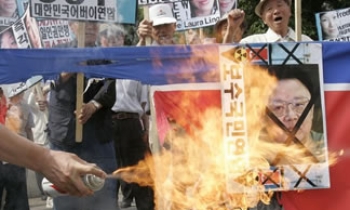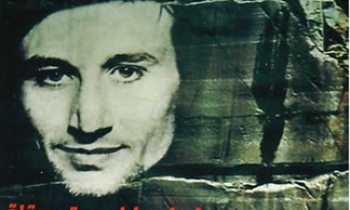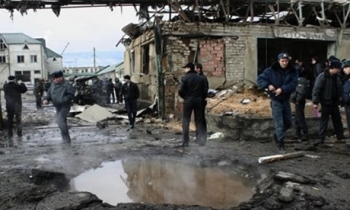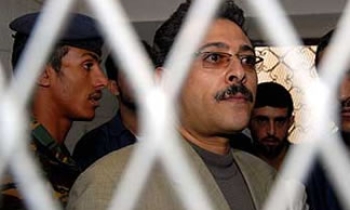Media NGO Reporters Without Borders has published a saddening report on the state of play for independent journalists around the world, with the finger also pointed at European countries.
According to the Paris-based organisation, at least 63 journalists were killed worldwide in 2005, the highest total in ten years, and over 1,300 media workers were injured with 100 jailed.
In the report, issued to mark World Press Freedom Day (3 May), the group cites Iraq as the deadliest place for journalists, with more than 1,000 journalists attacked or threatened last year.
The group also cites China and Cuba as two countries with large numbers of imprisoned reporters.
But the study states that journalists in Europe are faced with increased difficulties to carry out their profession freely, notably in Russia, Azerbaijan, Belarus and Uzbekistan, but also in western European countries such as France and Italy.
Reporters Without Borders states that the independence of Italy's media may be threatened by the fact that Silvio Berlusconi owned or indirectly controlled several TV stations while being prime minister.
"Concentration of media ownership, even if it doesn't yet seem to much affect media diversity and freedom, will also perhaps concern us in the future," the report said.
Repeated aggressions against journalist during the riots in French suburbs late last year, as well as the worrying number of attempts to weaken journalists' rights to keep their sources secret were also mentioned.
Libel and slander
Also marking the day, human rights watchdog Council of Europe called on its 46 member countries - including all EU member states - to end the criminal prosecution of journalists for libel.
The human rights watchdog's secretary-general Terry Davis said that two thirds of member-states maintain criminal penalties for defamation, which on various occasions amount to intimidation and stifling of criticism.
Mr Davis said a particularly insidious form of intimidation is the threat of prosecution for libel, with journalists restraining from printing thorny stories for fear of legal action.
"I call on all Council of Europe member states to review their legislation, abolish criminal provisions and prevent disproportionate damages in civil cases against journalists," Mr Davis said.
EU split on slander
EU justice ministers in February failed to agree on a principle on cross-borders disputes in the area of liability laws for the media, dealing with defamation of private citizens, public figures or religious icons in the press.
Ministers were to decide which country's law would apply if an EU citizen is sued for slander by a member state or non-EU country other than his own.
But worries emerged that cross-border facilitation measures could damage free speech, with for example a Swedish newspaper being liable for prosecution under Syrian law, while European editors would have to master a very wide range of international legal regimes.
The European Commission has promised to come up with a new proposal for EU media laws "as soon as possible."









